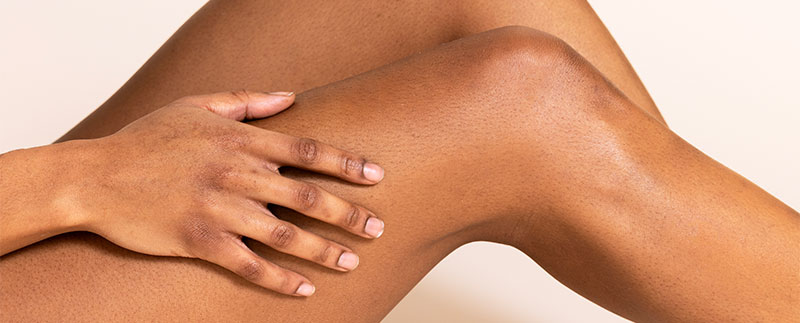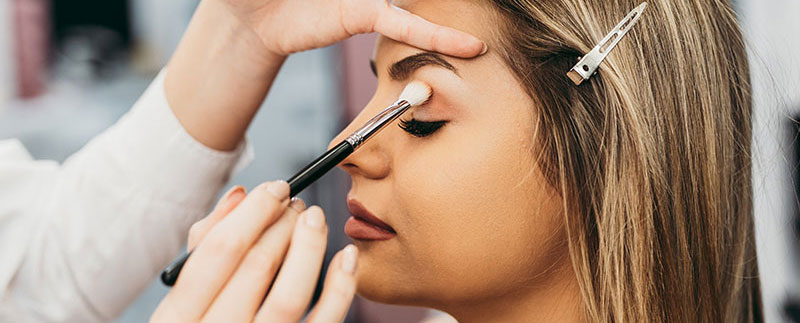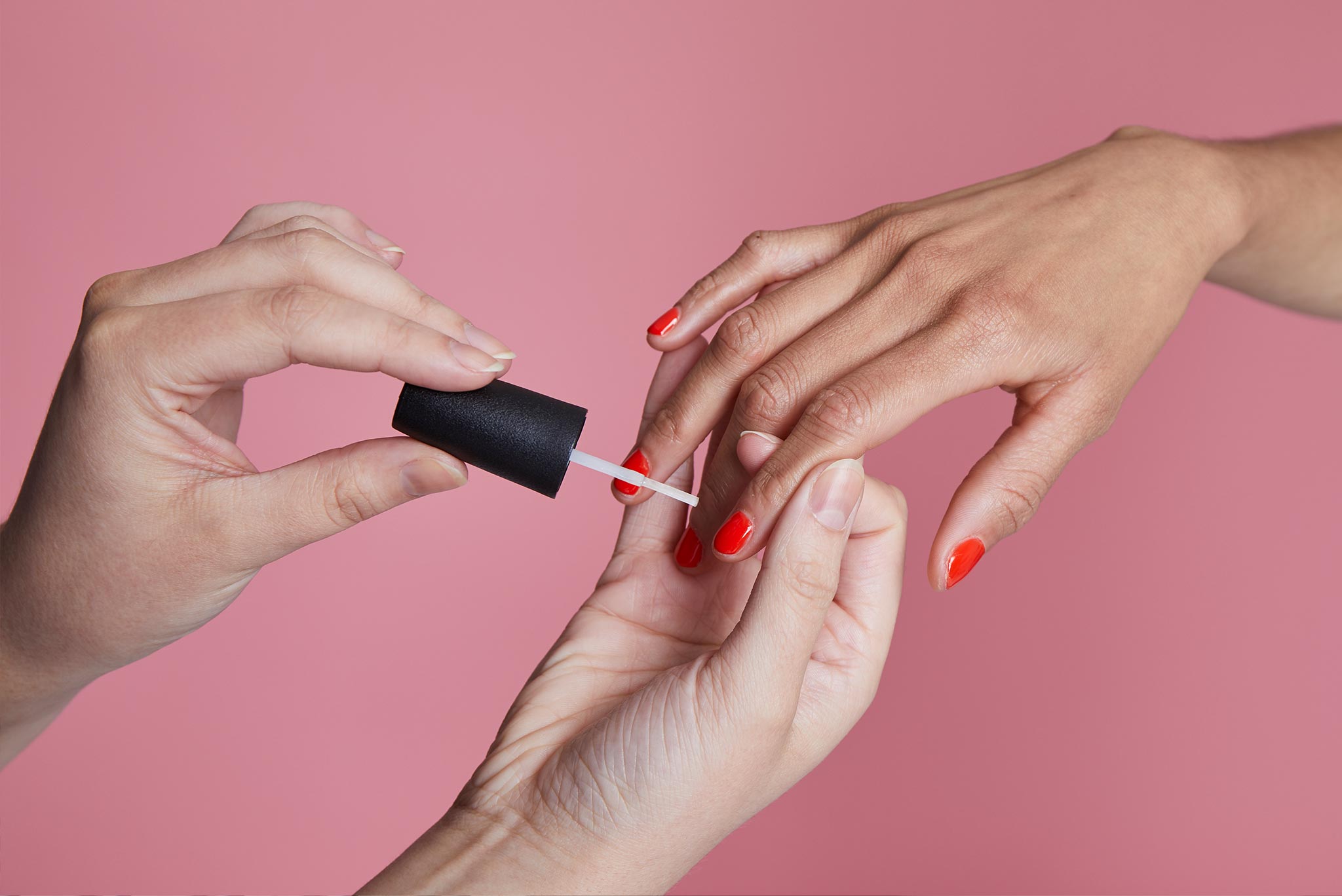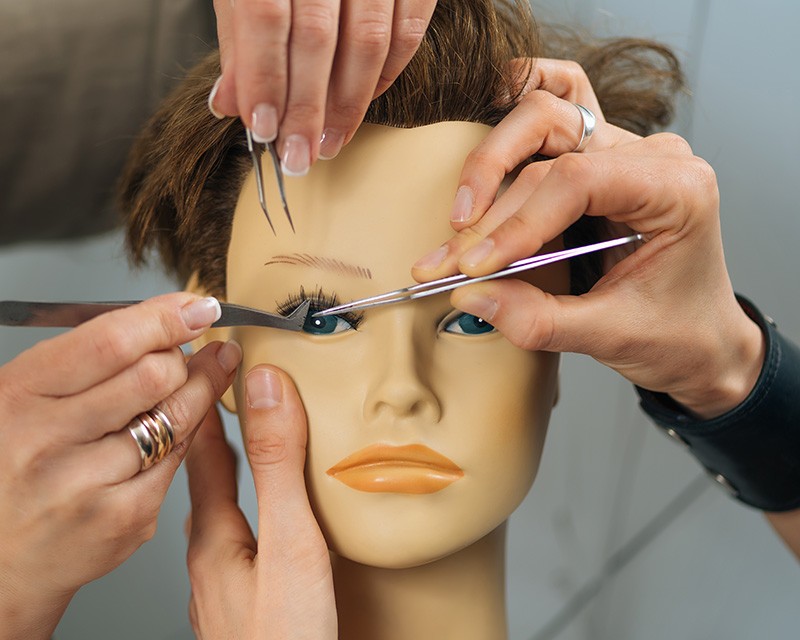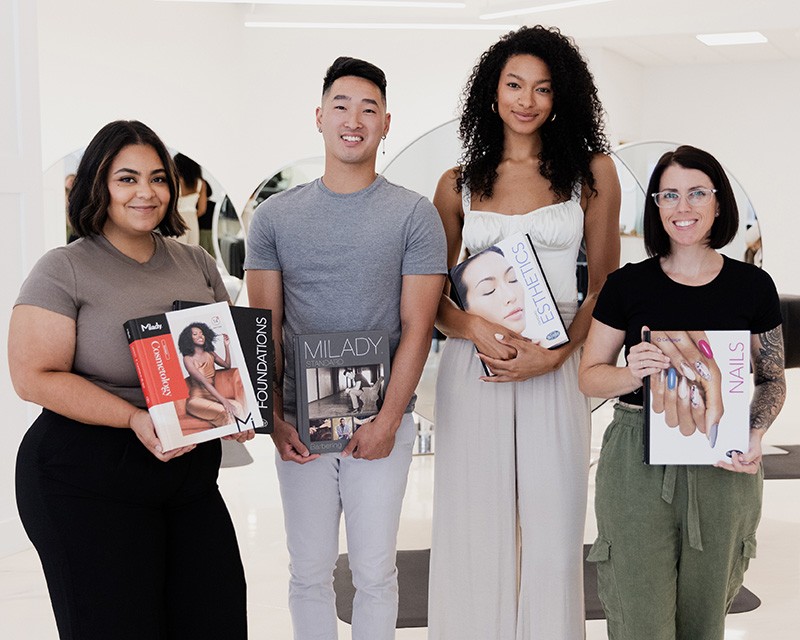Is Barbering a Good Career?
Is barbering a good career? This deep dive reviews what you should know, from salary expectations to suitable personality traits to everything in between.
Milady | September 26, 2023 | 15 mins
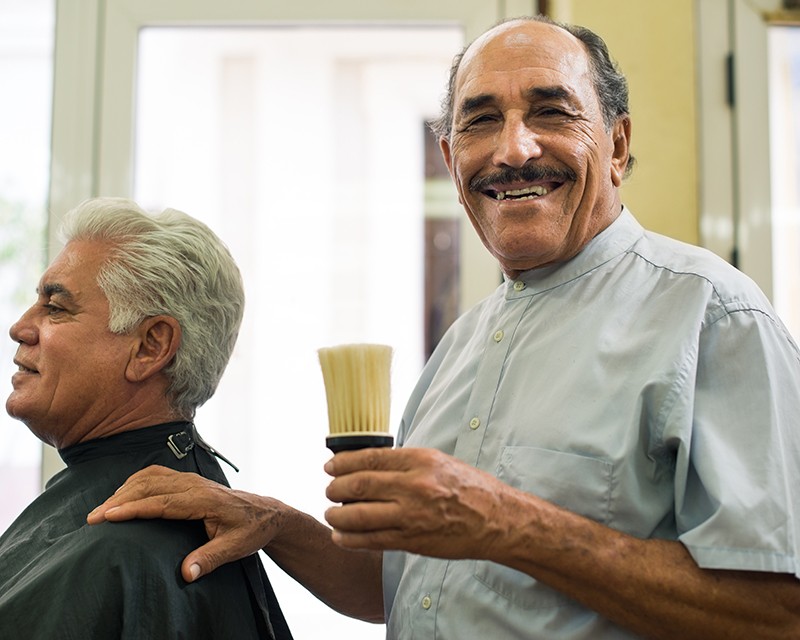
You’re passionate about hair, especially short haircuts. Maybe you were initially thinking about cosmetology school, but you’ve been hearing more and more about barbering. And now you’re asking yourself: Is barbering a good career?
The short answer is yes. Barbering is an excellent career for people who are the right fit. Below, we get into the nitty-gritty by covering the following topics:
Table of Contents
- What’s the difference between barbering and cosmetology?
- What services do barbers provide?
- What’s the job and salary outlook for barbers?
- What are some common misconceptions about barbering?
- What types of job opportunities exist for barbers, and what is a Master Barber?
- What personality traits make for a good barber?
- What are some pros and cons of being a barber?
- What should you do next if you’re interested in pursuing a barbering career?
What’s the difference between barbering and cosmetology anyway?
Barbers are licensed professionals specializing in short haircuts, shaping facial hair (beards, mustaches, eyebrows), and shaving with a straight razor. In general, barbering involves more clipper work and precision in smaller areas. It’s also important to note that today’s barbers service people of all genders—not just people identifying as male.
Cosmetologists, on the other hand, are licensed professionals who provide hair, skin, and nail services, although their training focuses on hair services.
What services do barbers provide?
Barbers focus on hair, but they also provide complementary services. Below are the standard services most licensed barbers offer.
- Short haircuts and fades
- Straight razor shave
- Hair coloring/gray blending
- Facial hair services, like beard and mustache trimming
- Hot towel massages of the face
- Facials, moisturizing, exfoliation
- Scalp designs/shaved designs
- Professional braiding
- Scalp massage and conditioning treatment
- Waxing and hair removal (think ears, nose, and brows)
Some barbers also offer hair replacement services and scalp micro-pigmentation.
How are barbering and cosmetology programs different?
A cosmetology program includes instruction on long and short hair, nails, and skin.
For the most part, barbering programs don’t include much (if any) emphasis on nails, lashes, makeup, or similar services. Instead, barbering programs are all about hair. Barbering students might learn nails (or they might not). Barbering students also learn straight razor techniques. Some states might have further distinctions between barbering and cosmetology licenses, but nails and straight razors are usually the main differences.
How long a program lasts depends primarily on the state (since the state dictates the number of hours). According to the American Association of Cosmetology Schools (AACS), cosmetology programs typically take 1400 to 1600 hours to complete. Barbering programs take around 1500 hours, on average.
What should you consider if you’re trying to decide between cosmetology and barbering?
Both cosmetology and barbering are excellent careers, so you can’t go wrong with either. It simply comes down to personal preferences. To figure this out, visualize what you want your daily work life to look like. If you envision yourself doing more blowouts, hair extensions, makeup, nails, and lash extensions and becoming a chemist in color, cosmetology school might be the right path for you.
However, if you envision using aromatic hot towels, hand-making lather, and moving through services quicker, barbering might be a better fit.
All that said, remember that both career paths have plenty of overlap, so you can always take continuing education to add services to your menu—or you could even get a second license.
What’s the job outlook for barbers? How much can barbers expect to make?
The U.S. Bureau of Labor Statistics says that overall employment of barbers is expected to grow 11% by 2031, which is much more than the average for all occupations.
Salary.com says the average barber salary in the U.S. is $33,838, but the range typically falls between $27,241 and $40,751. Some barbers can make as much as $47,000 annually—or more. Zippia reports that salaries for barbers have increased by 26% over the last five years and notes a higher average than Salary.com, at $40,305.
Many factors influence salary, including geographic location, experience level, education, and a person’s ability (and willingness) to market themselves (especially on social media).
What are some common misconceptions about barbering?
A big misconception is that barbers are older men who only service older men. But today’s barbers are not your grandparents’ barbers with the traditional red, white, and blue barber poles twirling outside the window. (The barber pole has a fascinating history—the red signifies bloodletting since barbers from the Middle Ages sometimes performed this service and other surgical procedures, like tooth extractions, thanks to their proficiency with sharp instruments. Thankfully, barbers today no longer provide these services.)
According to Zippia, 25.1% of today’s barbers are women, and 74.9% are men. (And get this: In 2022, women barbers earned 99% of what men earned.) Zippia also reports that the average age of a barber in the U.S. is 38.
Bottom line: What the modern-day barber looks like differs significantly from yesteryear.
What types of job opportunities exist for barbers?
Many job opportunities exist for licensed barbers. The obvious ones include working as a self-employed barber (renting a booth or owning your own salon) or as an employee.
But beyond that, the only limit is your imagination. You could work in product development for a beauty brand or as a brand ambassador. You could work as an influencer on social media or become a YouTuber and monetize your channel. You could become an educator—either with a barbering program at a beauty school or by teaching continuing education courses and webinars online.
The cool thing about barbering is you can use the skill anywhere. (Check with local licensing requirements, of course!) Many unique experiences exist as well, such as private concierge services on personal jets, concert venues, convention centers, or anywhere you can imagine. Who knows? As a barber, you might even be invited to participate as a judge in reality show competitions, like The Blox.
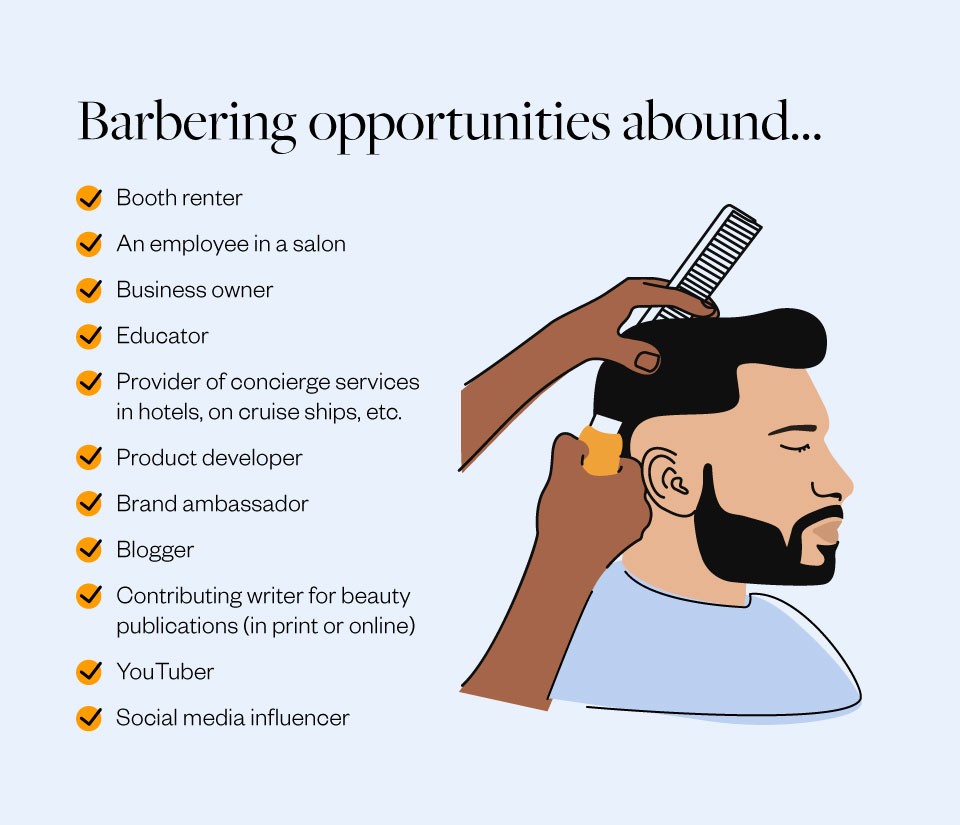
What’s the difference between a barber and a master barber?
According to the American Barber Association (ABA), Master Barbers have been actively practicing the craft of barbering for at least seven years or have been designated by their state as a “Master Barber.” Master Barbers have demonstrated a high level of skill and professionalism.
Along with this achievement comes an increase in demand—and a heftier paycheck. The ABA notes that it’s not unusual for Master Barbers to earn six figures.
What personality traits make for a good barber?
Barbering is an extremely up-close-and-personal profession. You need to enjoy working with all people—and have the ability to make them feel at ease.

On the flip side, if you have any of the following less-desirable traits, you should reconsider going into this field. (Or, at the very least, work on overcoming these things.)
- Selfishness
- Tardiness
- Rudeness
- Lack of self-awareness
- Bad hygiene, especially your hands
How do barbers help others?
Just about everyone needs regular haircuts, which means clients’ relationships with their barbers can go on for years—or even decades. Barbers get to know their clients well—their joys, sadness, and everything in between. Offering an attentive ear while performing services can mean a lot to clients.
Beyond that, barbers are also uniquely positioned to recognize when clients are in crisis—think domestic violence or victims of human trafficking. Milady offers a Client Well-Being and Safety certification that raises awareness about both issues. Beauty professionals can learn how to recognize the signs through this certification and know what to do next.
Barbers can even spot suspicious-looking moles or other changes to a person’s skin—including places that the client can’t easily see, like the crown of their heads.
And some barbers are making strides in other areas, like supporting clients with mental health issues. This article on Today.com discusses how one barber started The Confess Project, which is “an organization focused on training barbers to become mental health advocates in their communities.”
Bottom line: Barbers do so much more than simply cut hair. Every day, they impact clients’ lives and the communities in which they live and work.
What are some pros and cons of being a barber?
Like any profession, barbering has pros and cons—and how you weigh them will depend on your personality and preferences.
Pros of being a barber
- You’ll have the freedom to work anywhere because barbers are needed everywhere.
- You can build rewarding, decades-long relationships with many clients.
- You’ll be able to curate a personal brand for yourself and others.
- You can scratch that creative itch since barbering is an excellent outlet for creativity.
- You can have a positive impact on your community.
Cons of being a barber
- Barbering can be physically taxing on your body since you’re on your feet most of the day. You’ll also be performing repetitive tasks that could cause strain if you don’t follow proper techniques and best practices.
- You’ll likely need to wear more hats than you initially thought (like content creator and marketer).
- If you don’t work, you don’t get paid unless you take on the responsibility of ownership—or you develop passive income streams, like a monetized YouTube channel (but this won’t happen overnight).
What should you do next if you’re interested in pursuing a barbering career?
Tour at least three schools in person and ask the admissions counselor about the school’s pass rates. Discuss costs and financial assistance. Pay close attention to what it feels like to be on campus. Can you picture yourself there? What’s the vibe in the student salon? Do people seem happy and engaged? Is barbering a good career for you?
Talk to current students and recent graduates. Talk to barbers in your town or city and ask where they went to school—and whether they would recommend the program.
We wish you the best of luck if you decide to go for it!
Interested in staying updated on the industry, course offerings, and continuing education? Sign up for our Milady newsletter.
Ready to take the first step towards an exciting and rewarding career in the beauty industry?
Sign up for the Milady email list. As a subscriber, you’ll get a sneak peek into the world of beauty and all the possibilities that await you. Don’t miss out on this opportunity to stay in the know and start your journey towards a brighter future today.
"*" indicates required fields

About Milady
Milady is on a mission to prove that a career in the beauty industry can lead to professional success and personal fulfillment. Our job is to create forward-thinking education that reshapes the industry and uplifts the next generation of beauty professionals. Let’s change the face of beauty. Learn more about Milady, here.

